In the City of Light, where luxury and opulence reign supreme, a dark underbelly of human trafficking has been exposed, casting a shadow over the storied Ritz Hotel in Paris. French police have launched a high-profile investigation into allegations of sex-trafficking linked to the late Mohamed Al Fayed, a businessman with a reputation for ruthlessness. The probe, ordered by the Paris prosecutor's office, promises to shed light on a sinister world where vulnerable women were exploited and abused.
Behind the investigation lies a complex web of human trafficking, with victims alleging that staff at the Ritz Hotel knew about or facilitated the abuse of women. The allegations are a stark reminder that even in the most glamorous of settings, human trafficking can thrive. As the investigation unfolds, it raises important questions about the responsibility of institutions and individuals in preventing such crimes.
To understand the scope of the allegations, it's essential to delve into the background of Mohamed Al Fayed. A British-Egyptian businessman, Al Fayed made his fortune through a series of high-profile investments, including the purchase of the Ritz Hotel in 1979. However, his reputation was marred by allegations of violence and exploitation, particularly against women. The investigation into his sex-trafficking activities marks a new chapter in the long and troubled history of Al Fayed's crimes.
At the center of the investigation is an American woman, Pelham Spong, 40, who played a key role in triggering the probe. Spong's allegations of human trafficking and abuse have sparked a wave of support from victims and activists, who are demanding justice for those affected. "It's a moment of reckoning for the Ritz Hotel and its staff," said Spong, who has been vocal about her experiences. "I hope that this investigation will bring an end to the suffering of so many women who have been exploited and abused."
The investigation will focus on "potential acts of aggravated human trafficking with multiple victims," according to correspondence seen by the BBC. Prostitution and one case of rape are also being investigated, highlighting the severity of the allegations. The Ritz Hotel has issued a statement expressing its "deep alarm" at the allegations and promising to cooperate fully with authorities.
The implications of this investigation extend far beyond the Ritz Hotel and its staff. It raises important questions about the responsibility of institutions in preventing human trafficking and protecting vulnerable individuals. "This investigation is a wake-up call for all of us," said Dr. Sophie Dupont, a leading expert on human trafficking. "It highlights the need for greater awareness and education about human trafficking, as well as the importance of creating safe and supportive environments for victims."
As the investigation unfolds, it will be crucial to examine the role of institutions in preventing human trafficking. The Ritz Hotel, with its storied history and luxurious reputation, is a prime example of an institution that must confront its complicity in human trafficking. "Institutions have a responsibility to protect their staff and guests from exploitation," said Dr. Dupont. "This includes providing training and education on human trafficking, as well as creating safe and supportive environments for victims."
The investigation into Mohamed Al Fayed's sex-trafficking activities marks a significant step forward in the fight against human trafficking. As the world watches, it will be essential to examine the implications of this case and to demand greater accountability from institutions and individuals. "This is a moment of truth for the Ritz Hotel and its staff," said Spong. "I hope that this investigation will bring an end to the suffering of so many women who have been exploited and abused."
In the end, the investigation into Mohamed Al Fayed's sex-trafficking activities serves as a powerful reminder of the importance of protecting vulnerable individuals and preventing human trafficking. As the world continues to grapple with this complex issue, it will be essential to prioritize education, awareness, and accountability. Only through collective action can we create a world where human trafficking is a thing of the past.
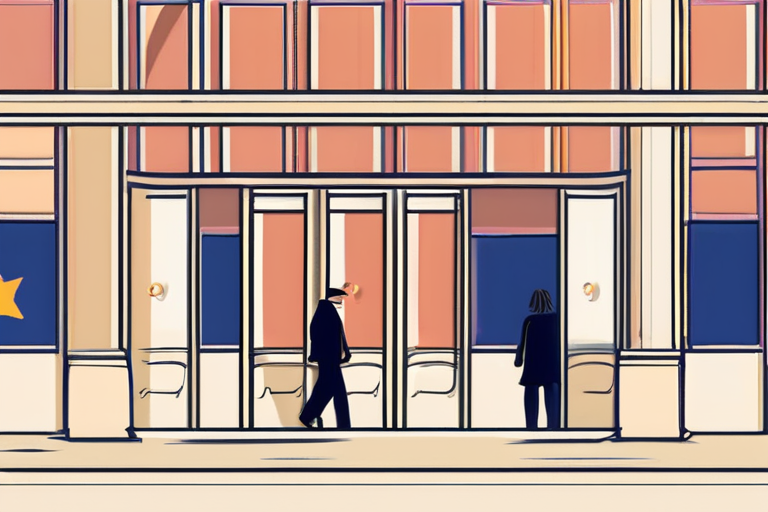






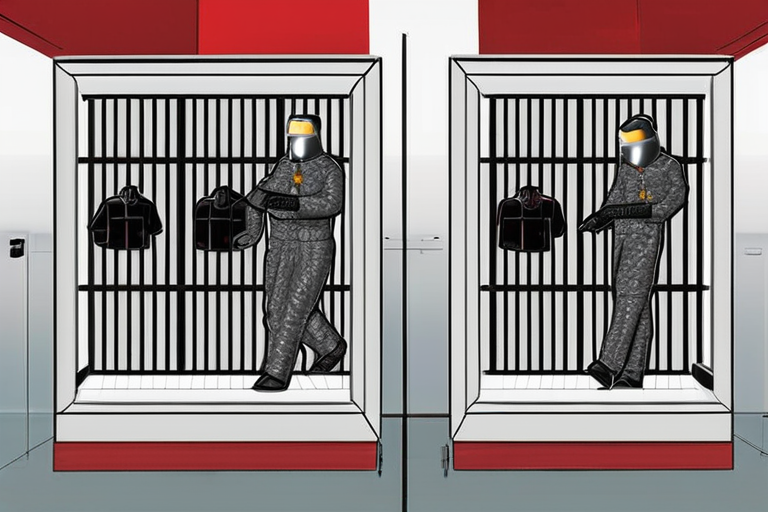
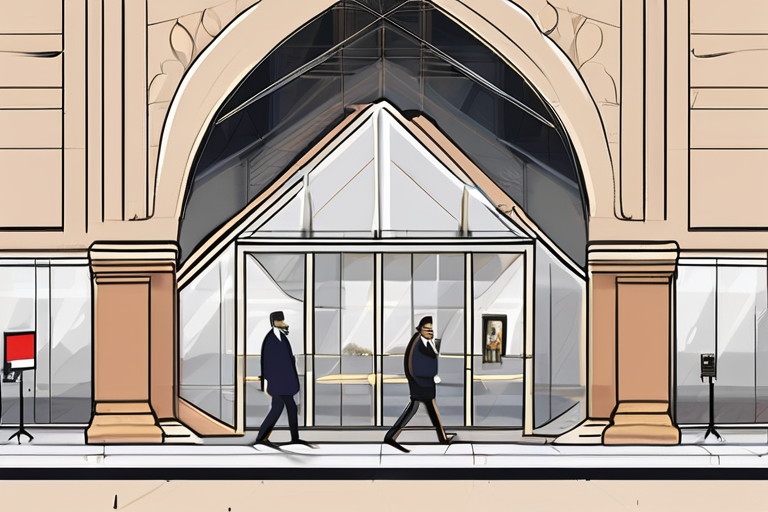





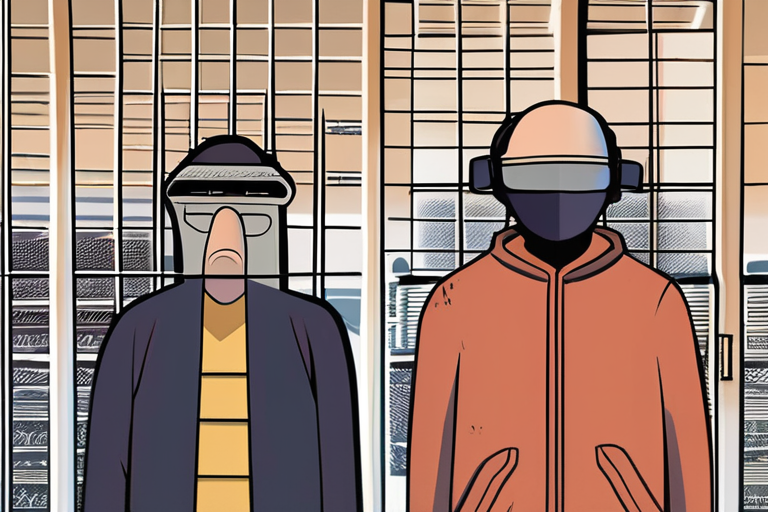
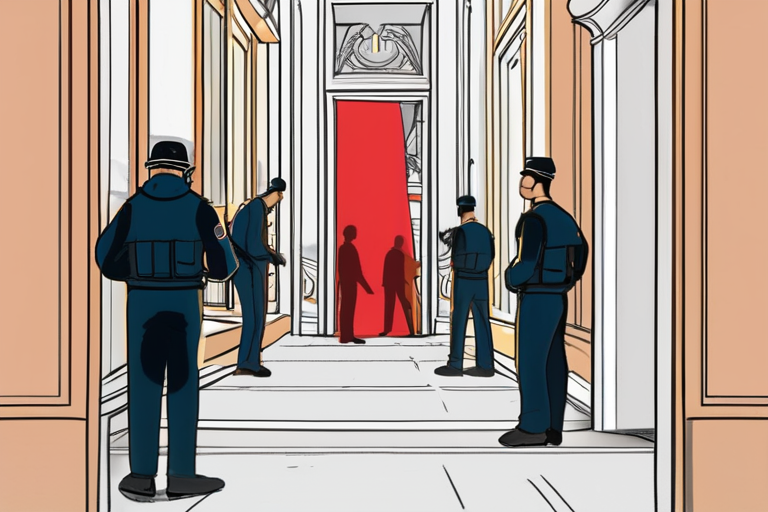
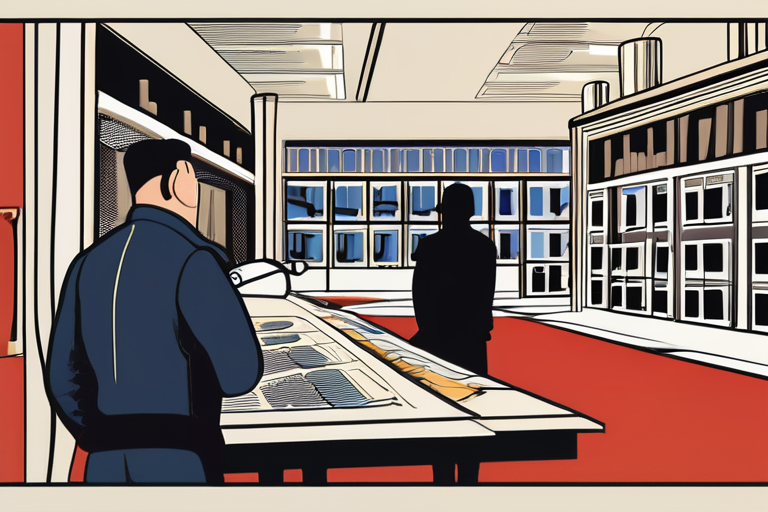

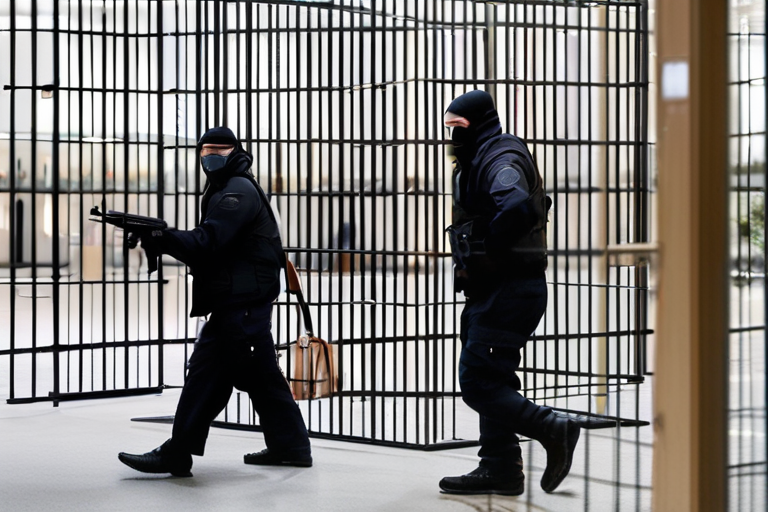
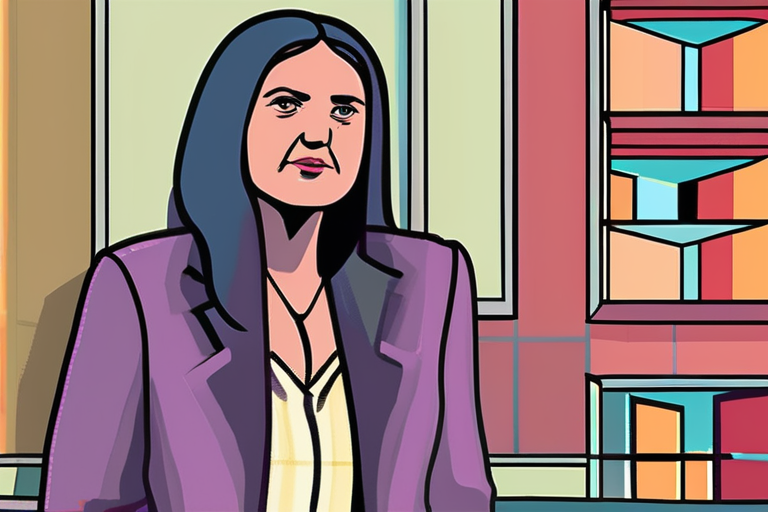

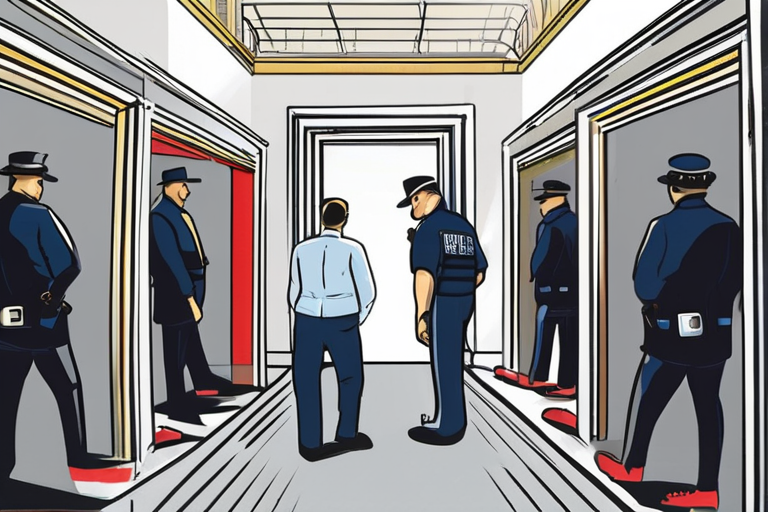

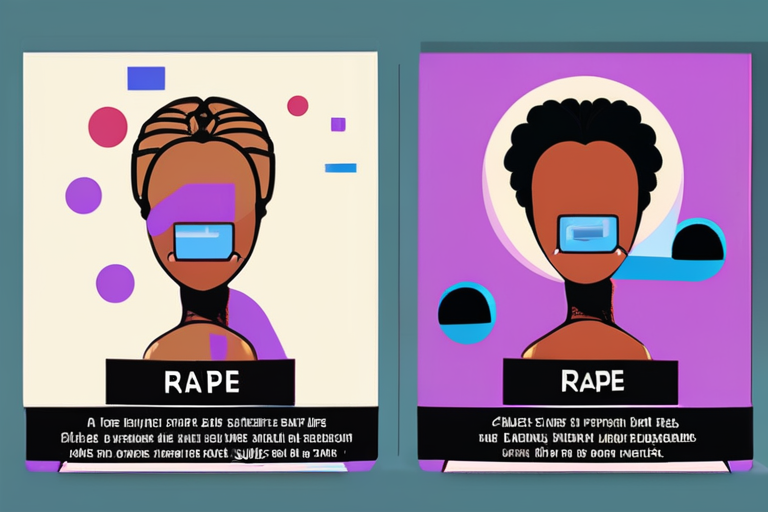



Share & Engage Share
Share this article